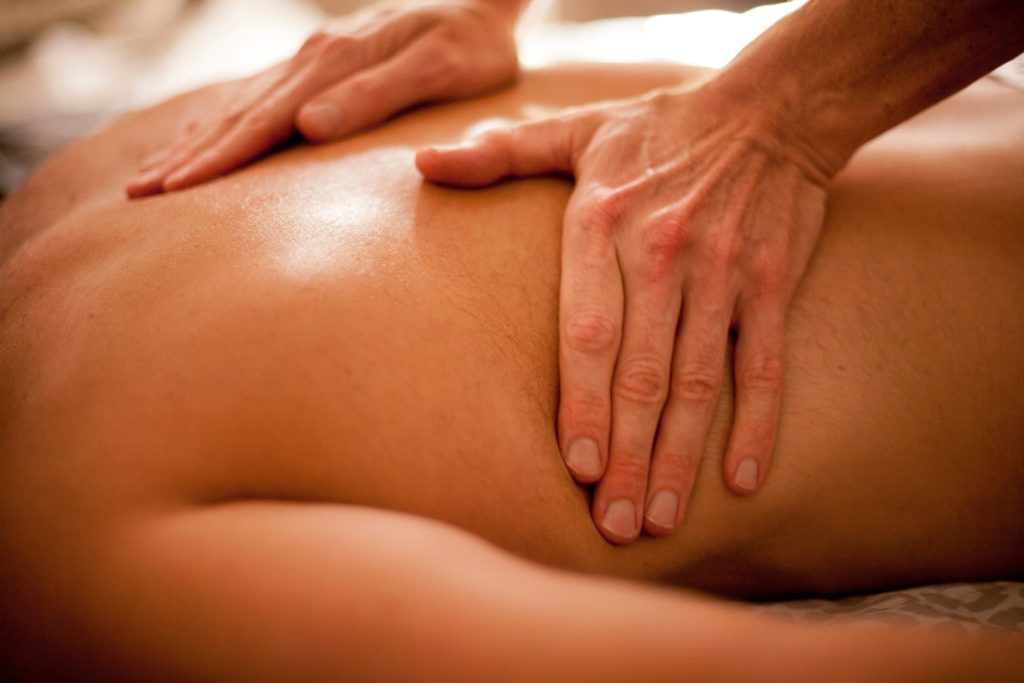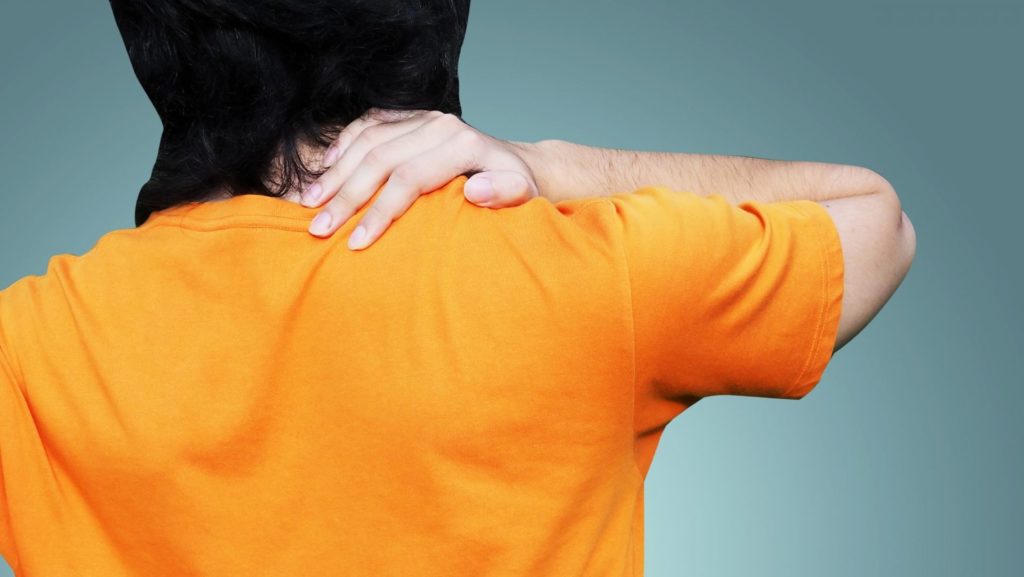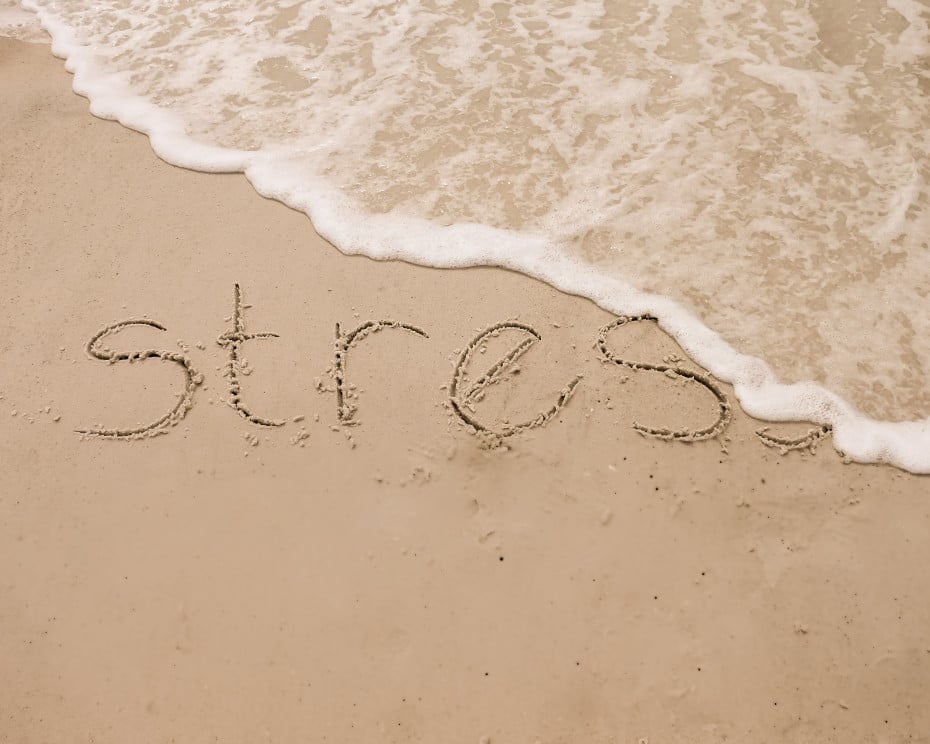Read time: 5:30 mins
Whether you’ve just gotten back into a workout routine at the beginning of the New Year or increased your normal workout’s intensity, you may be experiencing more muscle soreness than you’re used to. And, while some muscle soreness is expected when you work out (perhaps you even welcome it because it’s a sign you exerted yourself), you don’t want that soreness to slow you down or stop you from continuing your exercise regimen on your next scheduled day. According to Three Wells Chief Medical Advisor Dr. Deborah Malka, adding CBD or THC to your post-exercise plan may help relieve muscle soreness and get you back to your workout without delay.
The muscle soreness you feel after your workout is likely due to inflammation within the muscle. You are most likely to experience delayed muscle soreness after beginning an exercise or workout program for the very first time or adding a new activity or exercise to your workout.
Inflammation happens because it’s part of the process to repair damaged muscles. The repair process begins about two hours after a workout and usually resolves after 48 hours. Acute or short-term exercise elevates inflammatory cytokines and is related to duration, intensity and muscle mass involved during exercise. Muscle damage occurs especially during strength training.
How Could CBD or THC Help Relieve Muscle Soreness?
The cannabis plant contains more than 60 naturally occurring, active compounds called cannabinoids. Of those compounds, CBD and Tetrahydrocannabinol (THC) are the most common. They are the two terms you hear most when discussing the active compounds in the plant. Both THC and CBD interact with the body through the endocannabinoid system (ECS), a physiologic system that regulates all the basic functions and patterns of our body including appetite, immunity, inflammation, memory, metabolism, mood, pain and sleep, among others.
The ECS, when running smoothly, plays an important role in our overall health and wellness. When it is out of sync, we can experience side effects and other medical conditions, including inflammation and anxiety. CBD and THC work within the ECS system to naturally help our bodies find and maintain equilibrium.
The two most relevant actions of both CBD and THC for post-exercise needs are anti-inflammatory and muscle relaxant, Dr. Malka says.
“In fact, the function of muscles and nerves, and inflammation, which may result from their overuse, is all under the regulation of our own endocannabinoid system. Many cannabinoids, including CBD, THC and cannabinoid acids, such as THCA or CBDA are helpful in repairing damage, acting as anti-inflammatories and anti-oxidants*. Both of these cannabinoids cover both of these functions. Cannabinoid acids are non-psychoactive and they’re anti-inflammatory, also good for exercise recovery.
“Many cannabinoids, including CBD, THC and cannabinoid acids, such as THCA or CBDA are helpful in repairing damage, acting as anti-inflammatories and anti-oxidants. The two most relevant actions of both CBD and THC for sports, are anti-inflammatory and muscle relaxant. BOTH of these cannabinoids cover both of these functions. Cannabinoid acids are non-psychoactive and they’re anti-inflammatory, also good for sports injuries.”
Even though CBD does not directly affect the endocannabinoid system, it does indirectly interact with it, and THC in cannabis directly affects the ECS. So, while exercise increases our endocannabinoid levels, allowing us to more positively regulate our autonomic nervous system, regulate blood pressure, temperature and other homeostatic functions, THC is also a cannabinoid agonist, and in certain conditions can have the same effect as exercise, stimulating cannabinoid receptors, while CBD does not, Dr. Malka says.
CBD or THC Products for Sore Muscles
When trying to relieve sore muscles, an easy-to-apply topical product may be something to consider. Topical creams are easiest to localize treatment for pain and inflammation. THC and CBD are both anti-inflammatory, but THC content may boost pain relief. So, a combination of all of the above is smart, as they act on different receptors.
Topical CBD products such as creams use CBD extracted from the hemp plant which is then processed into an oil and mixed with other ingredients to create the cream. When you’re looking into purchasing a CBD cream, read about other ingredients as some may also contain essential oils such as lavender, peppermint, rosehip, and others. Unfortunately, no current regulations exist that set the amount of actual CBD in a product, so finding a brand that works best for you may require some recommendations and experimentation.
“In topical form (with no potential for psychoactive effects), CBD and THC are similarly effective for inflammation and spasm,” she said. “Using both CBD, THC, and cannabinoid acids in a topical is a great idea, because they are all active, binding to different receptors, so it’s like a triple medicine. Topicals are usually active for 4-6 hours, perfect for a post-exercise episode.”
Dosage
“As far as dosage goes, it doesn’t matter what your weight or sex or cause of inflammation is”, Dr. Malka says. “What matters most is your tolerance to CBD or cannabis,” she said. “If you’re new to CBD or cannabis, or only a every-so-often user, small amounts are therapeutic.”
A 5 mg dose of a hemp derived (CBD) or cannabis derived edible may be enough for a new user, while people with a tolerance may need to take more like 25 mg as a dose. Since inflammation lasts about 48 hours, an oral regimen would be one dose 3x/day for 2 days. If you have access to cannabis preparations, adding about 10 mg of THC-Acid to each dose, a strong anti-inflammatory gives added coverage. And also using a topical, with CBD, or cannabis – which is not psychoactive when in topical form – also provides added coverage. Topicals are generally used 3-4x/day. Using these products might reduce the length of time until inflammation is resolved.
THC Not Legal in Your State?
Because THC is illegal federally and in most states, many consumers have turned to CBD-only products for internal use. There are still benefits of using CBD-only products for muscle soreness. In places where you can only get hemp-derived CBD, you still have some choices.
CBD is available as “full spectrum” or “isolate.” Full spectrum CBD products contain CBD and other compounds found in the original plant, which could include small amounts of THC. If the CBD was derived from hemp, the THC content of the original plant is legally supposed to be less than 0.3%. CBD isolate is a crystalline solid or powder that contains 99% pure CBD that has had all the active compounds from the cannabis plant stripped away, including THC, and any plant matter, leaving behind nothing but the CBD chemical compound in its purest form.
“Full spectrum CBD products are preferable to pure CBD, as the other compounds found in the plant, such as the terpenes have much benefit,” Dr Malka says. “Some terpenes are anti-inflammatory, like beta caryophyllene, and some are muscle relaxant, such as myrcene. A full-spectrum cannabis extract provides these valuable terpenes that enhance many of the medicinal effects.”
Don’t let your post-workout muscle soreness slow you down or stop you from continuing your exercise routine. Check out the Three Wells products page for CBD or THC products that may help you keep your wellness regimen on track.




